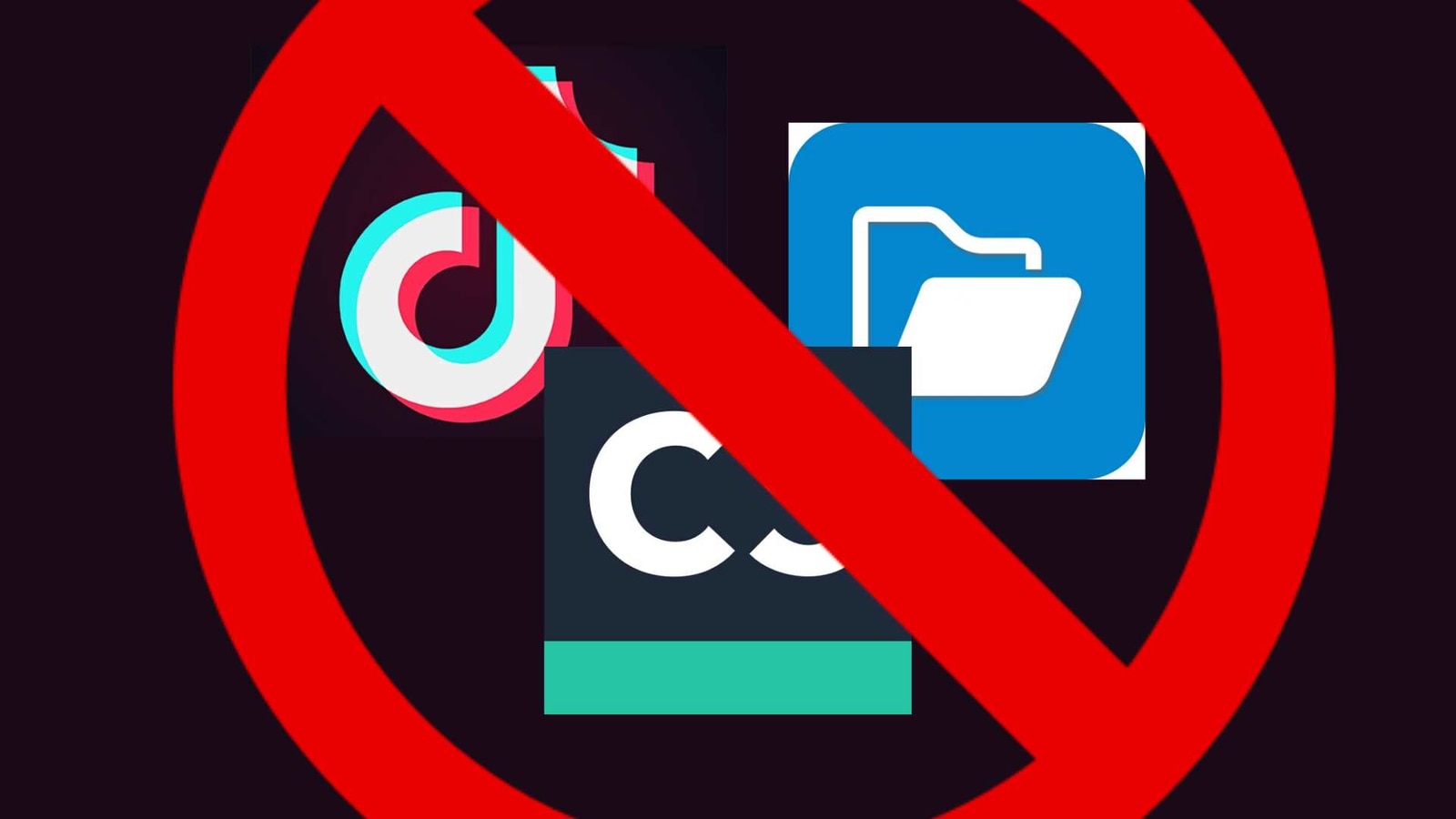India bans 47 Chinese apps which were cloned versions of already banned 59 apps
The Indian government has banned 47 more applications with links to China. These apps were clones of the main apps and were active on app stores despite the ban.

India has imposed a ban on 47 more applications with links to China. These applications were from the same parent company whose main applications were banned last month.
According to ANI, these banned clones include Tiktok Lite, Helo Lite, Shareit Lite, Bigo Live Lite and VFY Lite. A complete list of the banned applications will be released soon. PTI in its report said that an order to this effect was issued on Friday.
According to an Economic Times report, as many as 275 China-linked apps are on the radar. The list included the popular game PUBG as well. Other apps on the list are Zili by Xiaomi, AliExpress, and Resso from ByteDance, the report added.
Last month, the government had banned as many as 59 applications linked to China on the grounds of national security. The government had said these apps were blocked “in the emergent nature of threat” as these apps are “engaged in activities that are prejudicial to the sovereignty and integrity of India, defence of India, security of state, and public order.”
Some of the top applications banned were TikTok, Shareit, Kwai, UC Browser, Baidu map, Bigo Live, and Vigo Video. Following the ban, these applications were taken down from the Google and Apple app stores.
Ministry of Electronics and Information Technology bans 47 apps which were variants and cloned copies of the 59 Chinese apps that were banned in June. These banned clones include Tiktok Lite, Helo Lite, SHAREit Lite, BIGO LIVE Lite and VFY Lite. pic.twitter.com/oWHmAmoWlr
— ANI (@ANI) July 27, 2020
Since the ban, Indian applications such as Chingari, Mitron, Roposo and Trell have garnered huge traction with millions of downloads in just a few days.
Indian companies welcome the ban
“This is a very good move by the Indian Government and Modi ji. As we've said before, we, the Indian citizens need to be very concerned of our data, and make sure it remains within India. We at Chingari have always been on top of this. Hence we decided to never take any funds from China nor use any of their technology in our app,” said Sumit Ghosh, Chingari CEO & co-founder, Sumit Ghosh in a statement.
“The Chinese apps were catering to a need and the ban creates a void that can be filled with alternative apps both Indian and others. By the sentiments favour Indian apps and therefore it is a good time to be an app owner in this space currently specifically owing to our population size. What needs to be seen is the monetisation aspect as the Chinese apps either had deep pockets or had created a monetisation model to cater to the costs. This is where new apps will struggle,” added Ankit Chaudhari, Co-Founder, Aiisma, a hyper-local social platform.
Khabri co-founder and President Sandeep Singh pointed out that the move could have a slightly negative impact on the amateur content creator system but in the longer-run, it will help the local entrepreneurs.
“Talent was never a challenge it's just that the investor community has to look inwards in order to unearth that. Goes without saying that all world-class platforms today have been built on the back of Indian tech prowess directly or indirectly. This step by the government will go a long way as we are the youngest nation in the world and scale was never a challenge,” he added.
Catch all the Latest Tech News, Mobile News, Laptop News, Gaming news, Wearables News , How To News, also keep up with us on Whatsapp channel,Twitter, Facebook, Google News, and Instagram. For our latest videos, subscribe to our YouTube channel.































